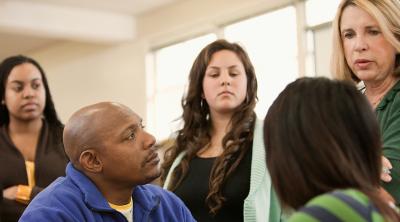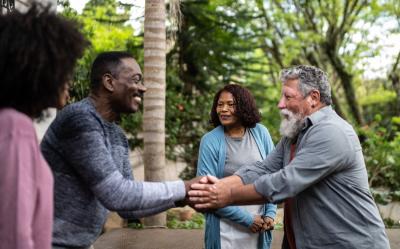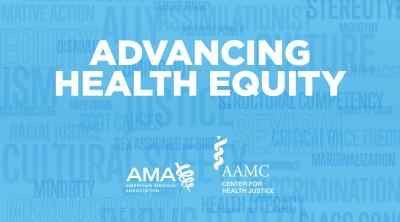Trustworthiness
Authentic partnerships are built on trust.

A long and ongoing history of mistreatment and abuse has fostered logical mistrust and distrust of the health care system and other institutions across diverse communities. Racism, classism, ableism, and other systems of oppression perpetuated by societal systems are not soon forgotten by the people they affect. Mis- and disinformation also play key roles. It’s up to those institutions to work to demonstrate they are worthy of their communities’ trust. Trust is the foundation of the community-driven, multisector partnerships necessary to create lasting health equity for all.

Start Here: The Principles of Trustworthiness Toolkit
The Principles of Trustworthiness Toolkit is the center’s foundational ready-to-use framework and tools for organizations working to become trustworthy partners to their communities through humility, authenticity, intersectionality, and long-term commitment.

Principles of Trustworthiness Toolkit Pilot Project
Teams of multisector, community partnerships will formally use and evaluate the Principles of Trustworthiness Toolkit for one year.

Advancing Health Equity: A Guide to Language, Narrative and Concepts
Produced in partnership with the American Medical Association, this resource guides institutions toward a deeper understanding of equity-focused, person-first language and narratives and why these choices matter on the road to trustworthiness.

Building Trust and Confidence Through Partnerships Grant Program
This CDC-funded grant program is promoting stronger cross-sector collaboration between academic medicine, public health departments, social services agencies, and community-based organizations to increase trust and acceptance of COVID-19 vaccines as well as other routine vaccines, especially for children and adolescents.

The State of Trustworthiness
New polling reveals surprising differences in the public's trust in institutions by age, race, and income. What does it mean for organizations working towards becoming trustworthy partners to their communities?